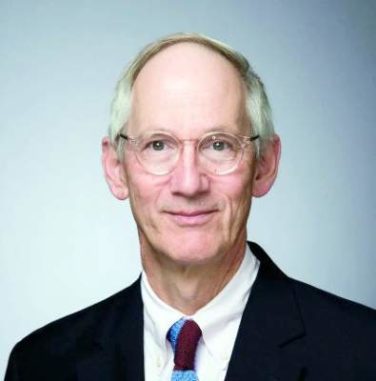AT THE ANNUAL MEETING OF AMERICAN MEDICAL WOMEN’S ASSOCIATION
CHICAGO (FRONTLINE MEDICAL NEWS) – To achieve greater personal and professional satisfaction, physicians should evaluate their values, practice positive thinking, and perform acts of gratitude, Dr. Angela Nuzzarello said at the annual meeting of the American Medical Women’s Association.
Finding ways to work smarter and generate optimal productivity can also contribute to increased happiness, said Dr. Nuzzarello, associate dean for student affairs for Oakland University William Beaumont School of Medicine and course director for PRISM , a longitudinal course that focuses on the personal development of medical students.
“You have to know when you are most productive,’” Dr. Nuzzarello said during the meeting. “I happen to be a morning person. For me to get up, get into work where it’s quiet, I can get a lot of work done before the place opens up. You need to know for yourself, when are you most productive.”
Delegating duties, making lists, removing distractions, and building in breaks can also help, she said. Physicians should focus on one task at a time and not be afraid to say, “No,” to projects or extra work.
Dr. Nuzzarello said physicians can rise above stress by reframing their state of mind when it comes to what’s important. Understand situations and circumstances that are beyond your control and stop dwelling on the past, she said. Dr. Nuzzarello often encounters students who regret not studying more before a big test or midterm. She counsels them to focus on the present day.
“Think about what you can do starting today, going forward, not, ‘Why did I screw up, and what would I do differently?’” she said. “All it does is burn up our energy to put into the things we need to work on.”
Dr. Nuzzarello added that physicians should examine their values and pursue their definition of success. Often, a mismatch in values professionally can cause dissatisfaction, she said. It helps to revisit what success means to you and what provides the deepest satisfaction.
“We run into trouble when we try to measure ourselves by someone else’s values,” Dr. Nuzzarello said during the meeting. “For me, for my success, it’s not really about making money. It’s not really about publication or about fame. What I set as my goal is at the end of the day, do I have one person [with whom] I came into contact [who] feels better understood?”
Rekindling a passion or forgotten goal also builds on inner happiness. Questions to ask yourself include: What activity provides you with a sense of calm? What would you like to do better? Is there something you have put off learning?
Additionally, never underestimate the importance of close relationships, Dr. Nuzzarello noted. Social media and text messages should not take the place of physical interactions with family and friends. It could be as simple as reconnecting with an old friend or nurturing a current connection, Dr. Nuzzarello said.
“Start the conversation,” she said. “Autopilot doesn’t work. Prioritize your relationships.”
Daily practices that can add to happiness include positive affirmations, performing acts of gratitude and demonstrating kindness. Studies have shown that practicing gratitude leads to more contentment, she said. Examples include writing a thank you note or making a list of all you are thankful for. If you’re having a bad day, the best thing to do is pay someone a compliment, Dr. Nuzzarello adds. Showing kindness to others can do wonders for a physician’s own satisfaction. Positive affirmations are also essential.
“You should start each day with an affirmation,” she said. “Something that says to yourself that you’re positive and that you’re going to have a positive day. You are what you think you are. Happiness is a choice. Choose happiness.”
On Twitter @legal_med




